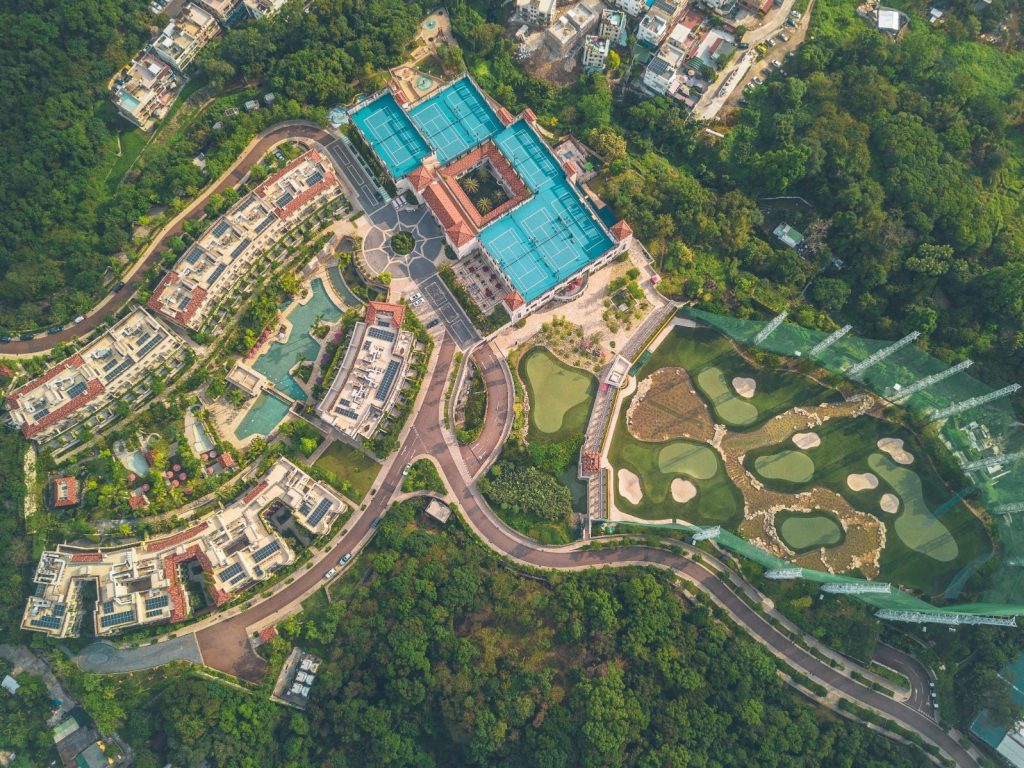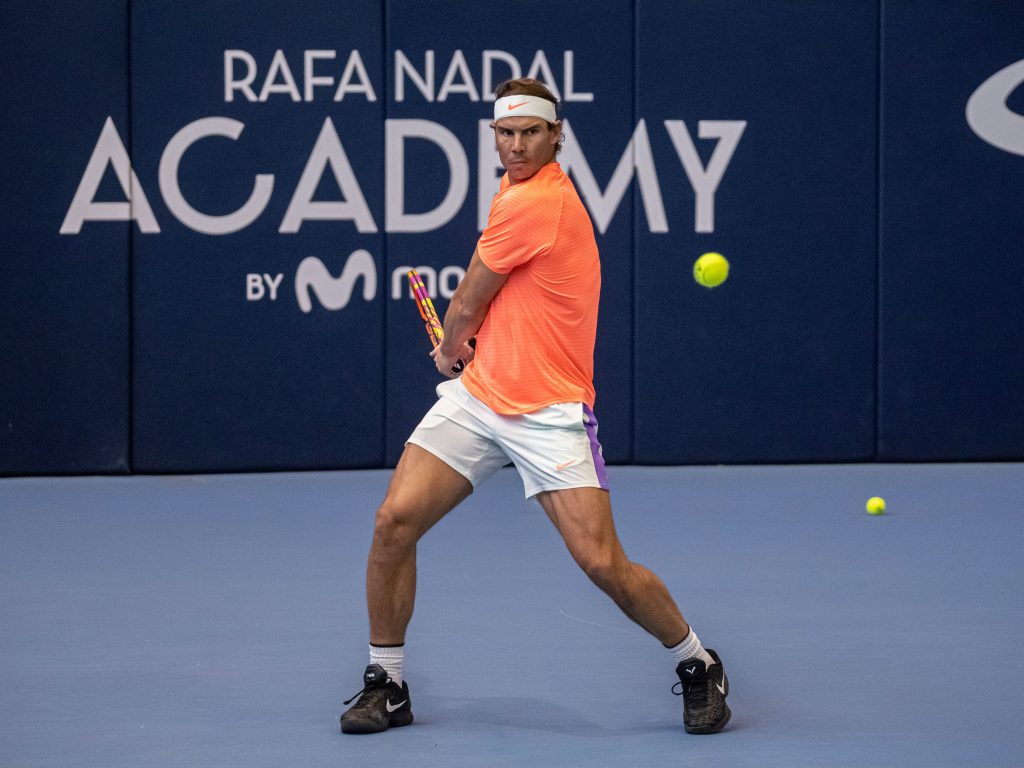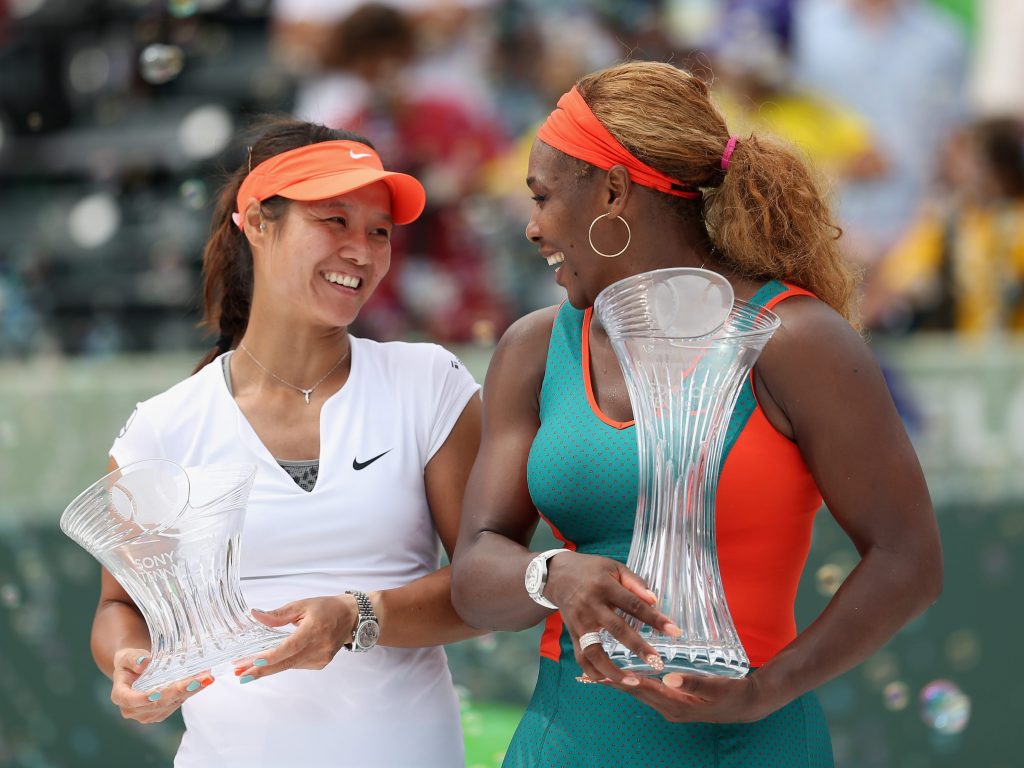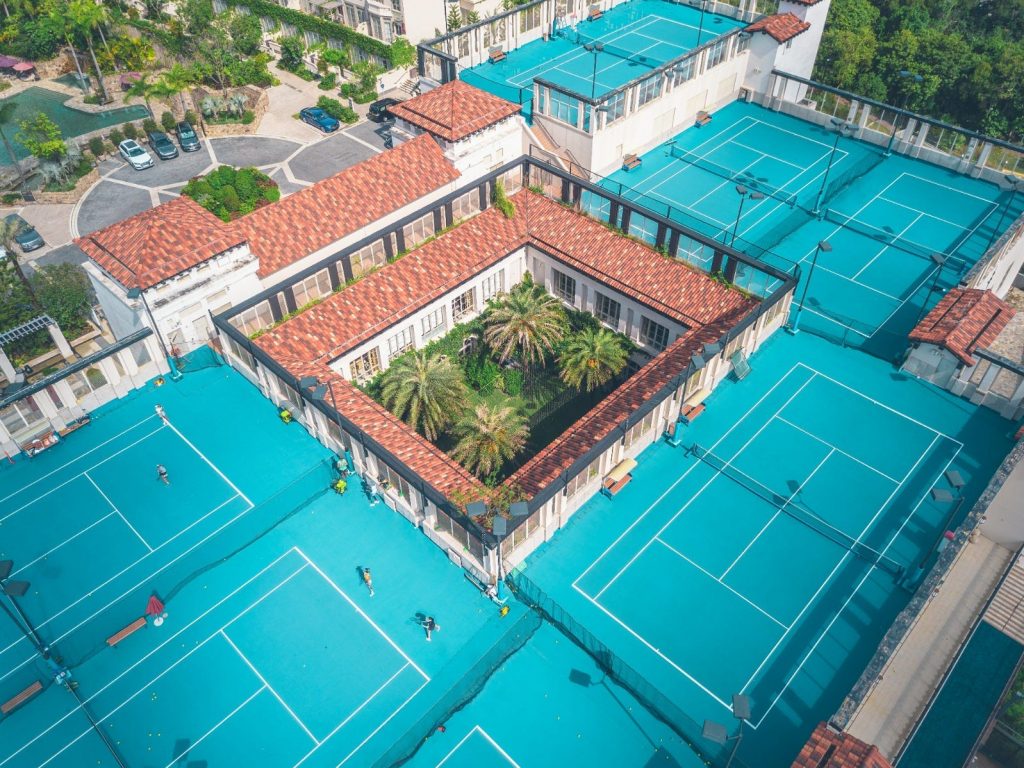- Tennis champion Rafael Nadal is slated to open his first tennis center in Hong Kong.
- The center will feature seven outdoor tennis courts and two mini courts.
- Rafael Nadal's uncle and former coach, Toni Nadal, will be leading the team of coaches.
Rafael Nadal, 21-time Grand Slam champion, will be opening a tennis center in Hong Kong on July 1, per a press statement by the Hong Kong Golf & Tennis Academy (HKGTA).
Rafa Nadal Tennis Centre will be located in the Sai Kung peninsula. It will feature seven outdoor tennis courts, two mini courts, and a Plexicushion Australian Open indoor court, a spokesperson for HKGTA, Maxson Tsang, told Insider. Plexicushion is a hardcourt tennis surface that absorbs body shock and reduces fatigue on players' legs.
"Tennis is growing rapidly in both Hong Kong and China with more rising tennis stars in the region shining in international tournaments," Tsang said on behalf of HKGTA.

Nadal will fly in dedicated coaches from his primary tennis academy in Mallorca, Spain, to begin the training season in Asia, per the HKGTA press statement. Nadal's uncle and former coach, Toni Nadal, will lead the coaches.
"Athletes will undergo an exclusive training system based on the experiences Nadal and his coaching staff have acquired," Tsang added on behalf of HKGTA.

The academy in Mallorca opened in 2016 and has produced top tennis players including Casper Ruud and Jaume Munar. Both Ruud and Munar rank among the top 100 best players globally by the Association of Tennis Professionals (ATP). The Mallorca academy also produced 17-year-old Hong Kong tennis prodigy Coleman Wong, who won the Australian Open boys' doubles title in January.
Training fees for the Hong Kong center are not yet finalized. Prices at Nadal's Mallorca academy start from $62,000 per year for junior athletes.

In 2011, Chinese tennis player Li Na became the first Asian tennis player to win the Grand Slam title. Li Na went on to cinch another Grand Slam title in the 2014 Australian Open, and her achievements caused the game's surge in popularity in Asia.
